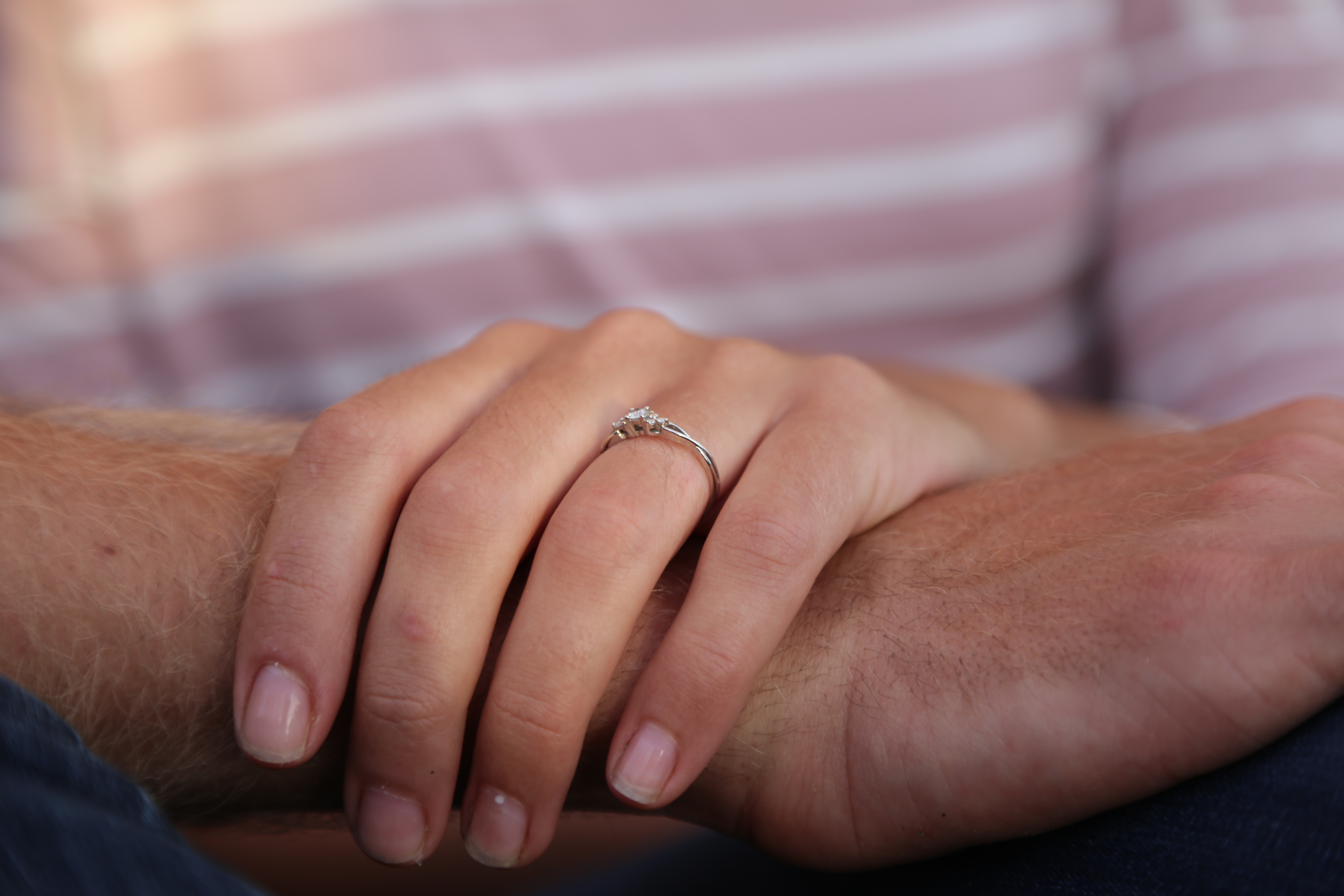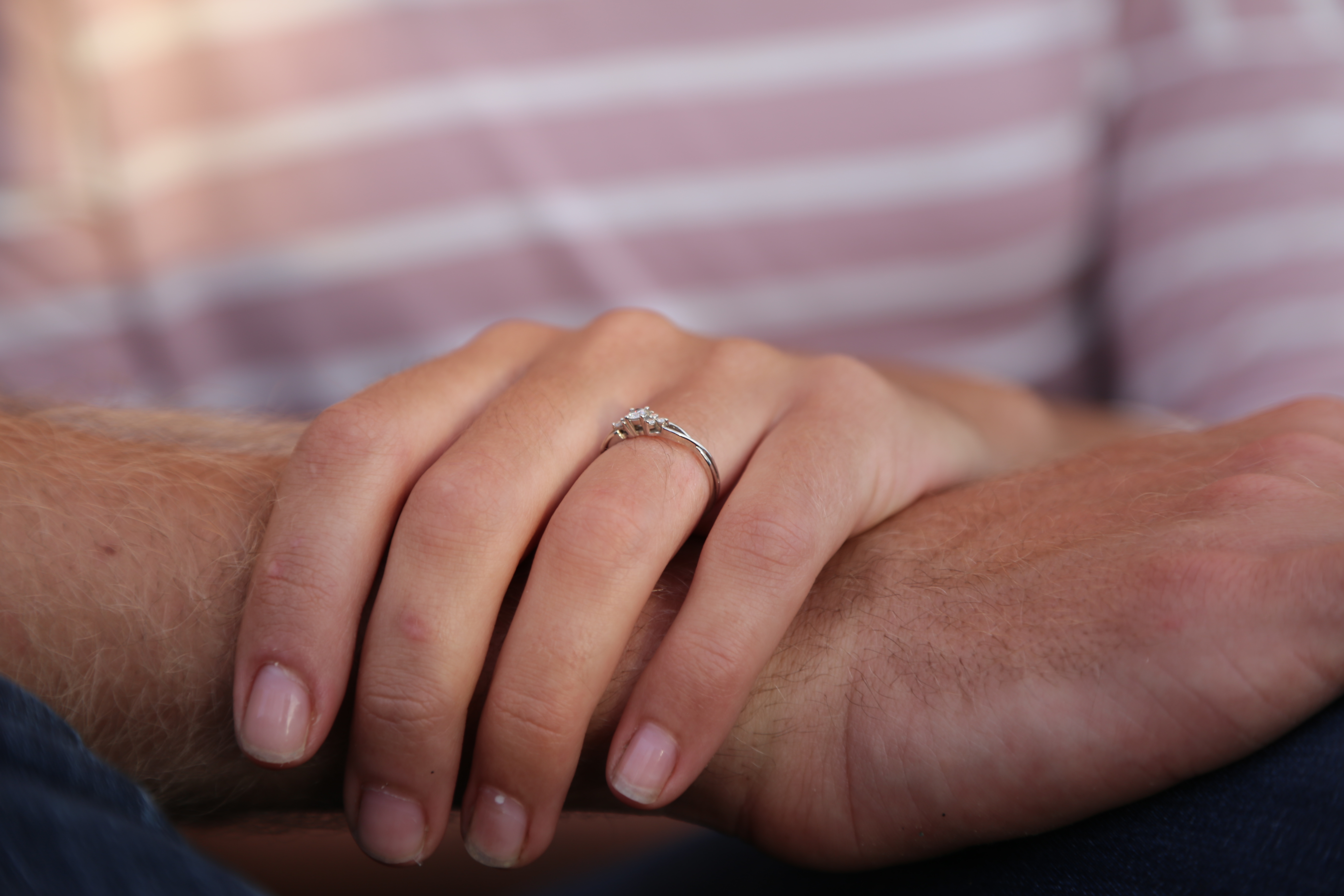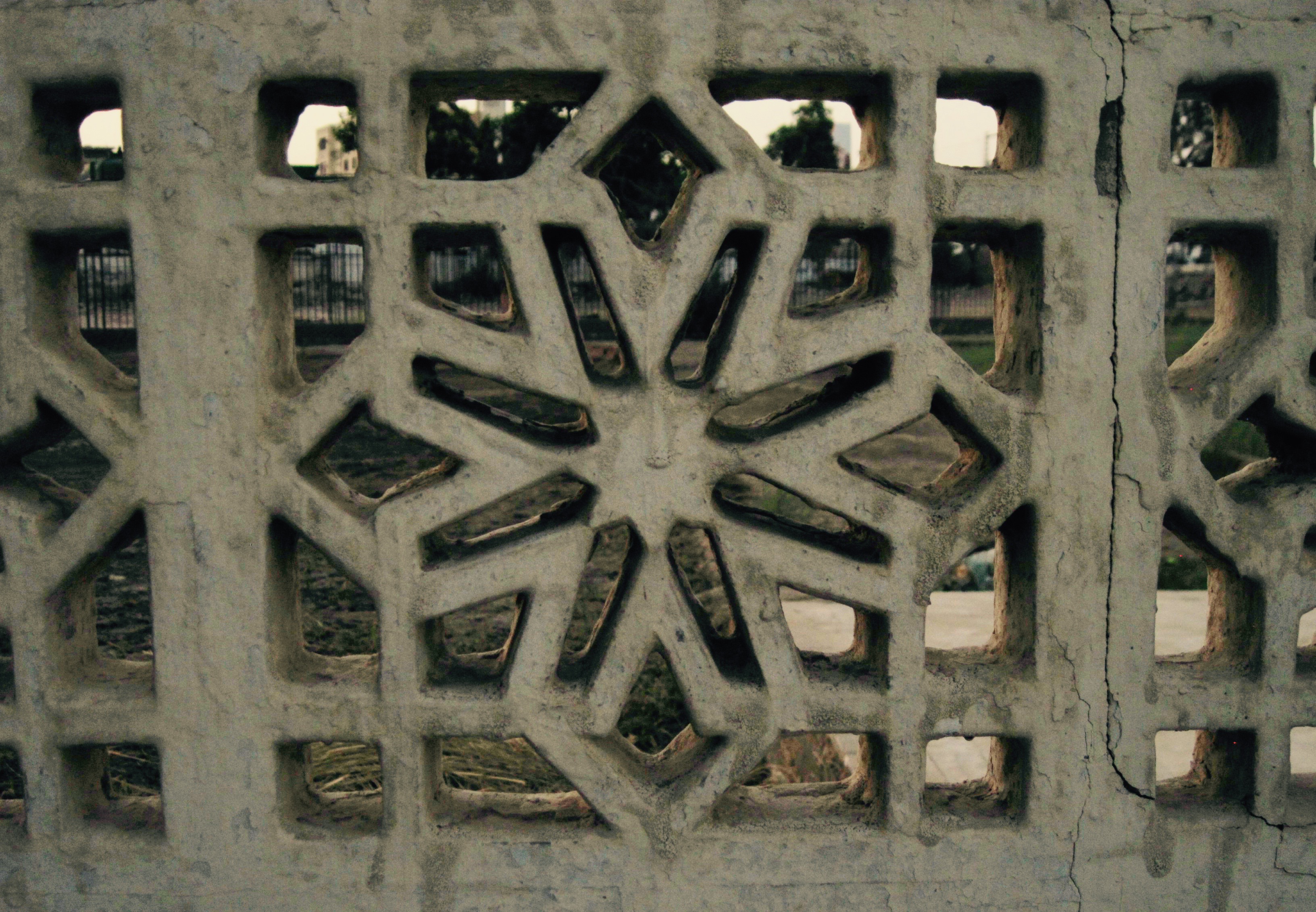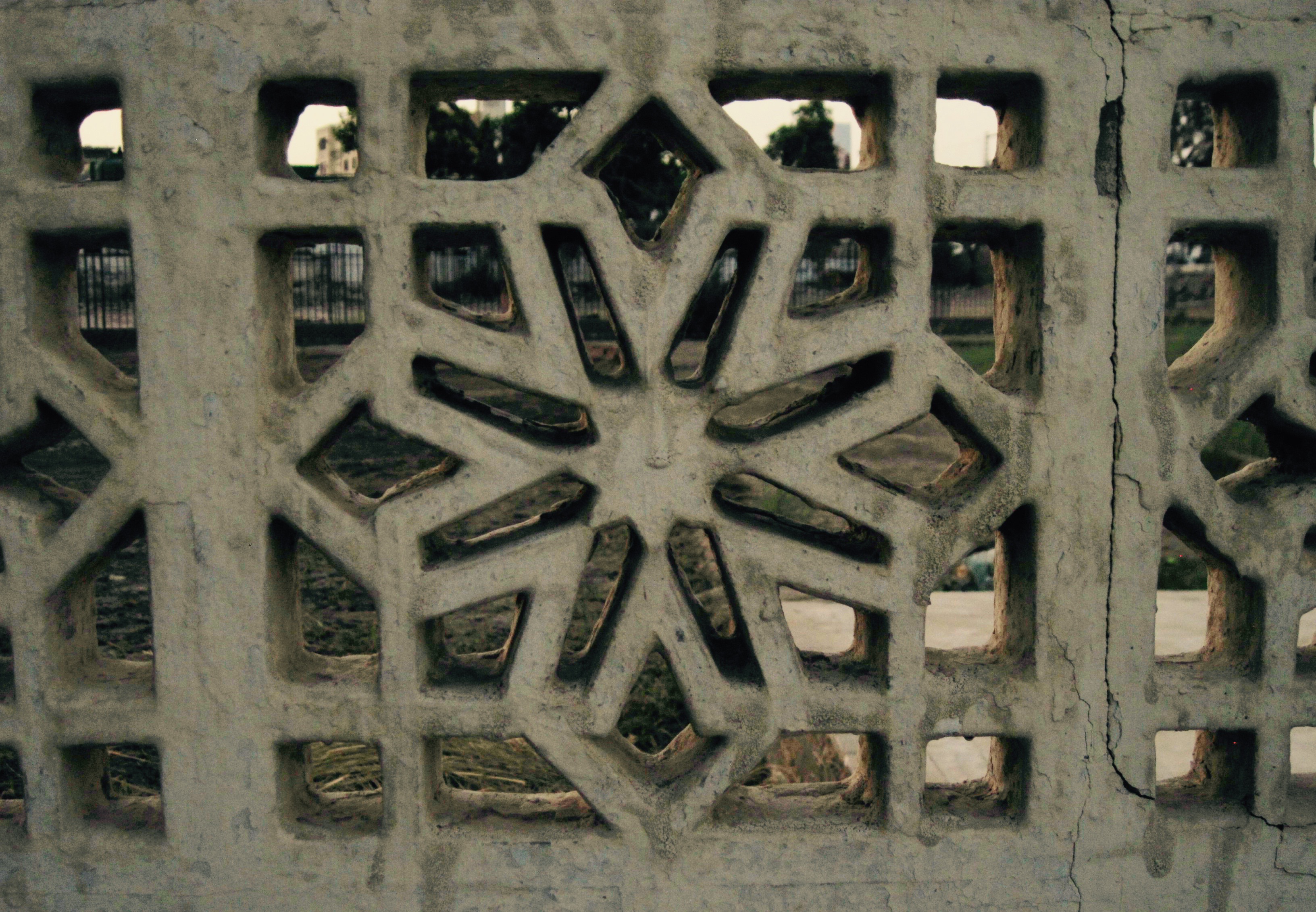A little over two months ago, a man broke into a dark and lonely room in India and raped and ravaged my Michelle, the dearest person to my heart.
In a little under ten months from today, I’ll be getting married to her, in what will be the beginning of a lifetime of sharing love, laughter, pain and tears, as we learn to trust God each step of the way.
I find it difficult at times to take both those truths at once.
I have pictures in my email inbox, a few Michelle sent me in the weeks after the incident — her neck red and bruised with scratches. A bloody cut on her lip. Raw marks from where he sunk his teeth into her beautiful fingers. My stomach churns ever time I look at them. Then, not far above the email is another, this one with pictures of Michelle in a few wedding dresses she was trying on, looking absolutely stunning, radiant and so beautiful. Those two realities are so hard to take sometimes— to know that there can be such pain for someone I love and care about so deeply and yet to experience so much joy an excitement as well. But this is life; bitter and sweet, full of fear and trust; and so much redemption, grace and mercy.
I’ve struggled to write at all since the Spring. As I started my own journey in pursuing marriage and my desire to propose to Michelle, the the Lord taught me to wait, be patient and to humble myself before her and her family. I wrestled with thoughts and emotions, and just couldn’t bring the words to the page to write. And then this summer brought the worst nightmare I could imagine — that someone I love and cherish so much would be treated with such contempt, disgust, hatred and evil. The news of it left me speechless, sobbing my way through one of the longest nights of my life. We wept. We’ve been learning. I still struggle to know how in the world God can use me to love and bring healing to such hurt in Michelle. Then in Autumn I proposed, was engaged, and was given the privilege to one day be married to that same beloved Michelle, and to be so excited to spend the rest of my life with her. Finally I’m finding the words — or trying — realizing that if nothing else, my words will be just as broken and jumbled as myself — and hopefully sprinkled with grace and truth.
Grief. It’s funny the stories that tend to be told to children in Sunday school. Daniel in Lion’s Den, David and Goliath, Shadrach, Meshach and Abednego. They’re amazing stories — stories of God’s faithfulness in times of trial. I still love these stories. But now I find myself asking what happens when the three men make it out of the furnace with burns all over their bodies and their clothing torched by the fire. Is God still good? Or what if Daniel had been torn, mutilated and left for dead, lying in the pit with the lions? Would we still trust God’s faithfulness? In times like these, after what happened to Michelle, I crave the darker side of scripture. I’m desperate to be reminded that God is still faithful, even when terrible things happen to innocent people. I read story of Tamar, sending myself into a tumble of tears and crying out to God as I drive to work, knowing the weight of her words when she says, “where could I carry my shame?” I see the crushing weight of that shame and the unworthiness that so easily finds it’s way into Michelle’s heart. And it breaks my heart. As if enough evil hasn’t been done already, Satan tries to leave his mark of shame as well.
I turn to the words of Hebrews, finding refuge in remembering what is all through the Bible: that suffering is not the exception amongst God’s people, but the norm.
“They were stoned, they were sawn in two, they were killed with the sword. They went about in skins of sheep and goats, destitute, afflicted, mistreated— of whom the world was not worthy—wandering about in deserts and mountains, and in dens and caves of the earth. And all these, though commended through their faith, did not receive what was promised, since God had provided something better for us, that apart from us they should not be made perfect.” Hebrews 11:37-40
No, the world is not worthy of Michelle. Evil is not worthy of her. Because she has placed her heart in the Author and Perfecter of our faith — the ever-faithful, ever-gracious, ever-loving God of justice and mercy. His love and His grace are so evident in everything about her, and I can’t begin to describe how unworthy I feel to be marrying someone like her, and to see the way Christ lives and breathes in her each day. It’s beautiful. You can read her words here https://mcmemorykeeper.wordpress.com/2015/08/08/686/ as she talks through what happened, and what the Lord is continuing to do in her heart.
But darkness is real, and the fear is unbearable at times, as aftershocks continue to haunt her, in memories, flashbacks and triggers. Sometimes it’s easier than others. I remember the first time that I was cause of a trigger for her, and all the memories and feelings that came with it. I remember it hit me like a lead weight. It was the first time I got to tangibly feel the damage that a man who hated Michelle could do to her — to her emotions, her heart and her body. But God is gracious, and there is never darkness without His light. And in the pain and the fragility of brokenness, His love is all the more abundant.
God never promised us an easy life. But He promised to go with us, and that’s the promise we cling to. In my life, God was gracious enough to give me Michelle — to give me a picture of His love and His grace lived out in a person day by day. And He was gracious enough to choose her to suffer — to taste a deeper darkness than some, and to know a deeper love and trust in His love than some. She’s not perfect, but she holds on to the One who is. And what a privilege it is to get to be her husband someday, and to walk with alongside her every step of the way.

This picture means a lot to me. The scars on her fingers as a permanent memory of pain and terror — scars Michelle will carry for the rest of her life. But at the same time it’s a reminder that God brings grace and redemption, and with the ring she wears is a promise and a reminder that I get to play a small part in God’s love and healing for Michelle. I wouldn’t trade it for the world.




